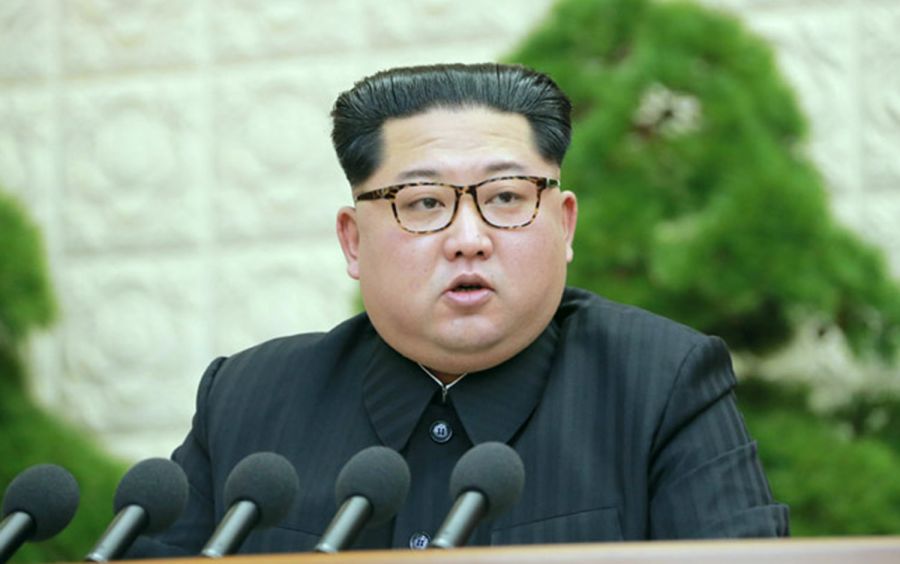
This article was originally published by Radio Free Asia and is reprinted with permission.
Authorities in North Korea are working to identify citizens who neglect their Korean War veteran parents, sometimes stripping those who aren’t living up to their familial obligations of their posts within the ruling party, sources inside the country said.
As of the beginning of August, authorities began a project to determine where the children of the 1950-53 Korean War veterans live, a resident of South Pyongan province, north of the capital Pyongyang, told RFA on Sunday. RFA reported in July that a number of elderly veterans had been found to be malnourished and suffering COVID-19 symptoms such as high fevers and coughing.
Party officials who neglect their war veteran parents are being accused of filial impiety and removed from their positions, the woman said. But some North Koreans say the government’s campaign is an exercise in blame shifting, accusing the war veterans’ children of providing insufficient support when the government itself should be doing more.
The project came about after the 8th National Conference of War Veterans in Pyongyang on July 27, which commemorated the armistice that ended the fighting. The Workers’ Party of North Korea issued a directive to take care of war veterans and to treat them well in society.
During their investigation, authorities found a few county residents failing to carry out their obligations by living apart from their parents who are elderly war veterans, the woman said. They lost their jobs as a result.
“Four people were caught, including one [party] secretary in the lathe work department at the Chuncheon River Machinery Factory and three cell secretaries in the textile factory,” the source said. “Their positions were taken away the next day.”
Cell secretaries are among North Korea’s elite society, typically overseeing five to 30 party members in their cell, the main unit that links the party to the masses, according to a 2021 report by NK News.
The four workers have been given a second chance to fulfill their family duties, however.
“Six months of revolutionary measures were given,” said the source, referring to a punishment by authorities to make offenders learn the revolutionary ideology propagated by North Korea’s regime.
After a stint working as laborers — considered a disgrace in North Korea — and after they move their veteran parents into their homes, the shamed North Koreans will be allowed to resume their previous positions, the woman said.
North Korean authorities decided not to dismiss them from their positions because their veteran parents might complain that such a punishment would be too harsh, the woman said.
People of national merit
Though North Korean veterans are classified as people of national merit and are eligible for government provisions for food and living expenses, they still suffer from a lack of societal support, said a resident of North Pyongan province.
The party committee in Chongju, one of the province’s main cities, also began a similar investigation at the beginning of August through the heads of neighborhood-watch units to determine whether there are adult children not serving or caring for their war veteran parents, he told RFA on Sunday.
Five farmers who live with their elderly veteran parents at the Osong village cooperative farm were found to be “examples of poor filial piety” because they could not provide them with three meals each day due to financial hardship, said the source, who also declined to be named so as to speak freely.
The farmers also locked in their elderly veteran parents who were suffering from dementia, so they could do their work, he said.
“The farmers were called to the county party base and wrote self-critical confessions that they were undutiful to their veteran parents,” the source said. “They were released after receiving ideological education that they should serve their veteran parents whom the party cherishes.”
But other residents aware of the situation have asked, “Who doesn’t want to serve a warm meal to their parents?” said the man. They then criticized the authorities for not taking responsibility for the lives of veterans and providing for them, instead placing the full burden on their children who have their own problems making ends meet.
“They complain that they are making the poor and elderly war veterans the burdens of their children rather than of the state,” he said.